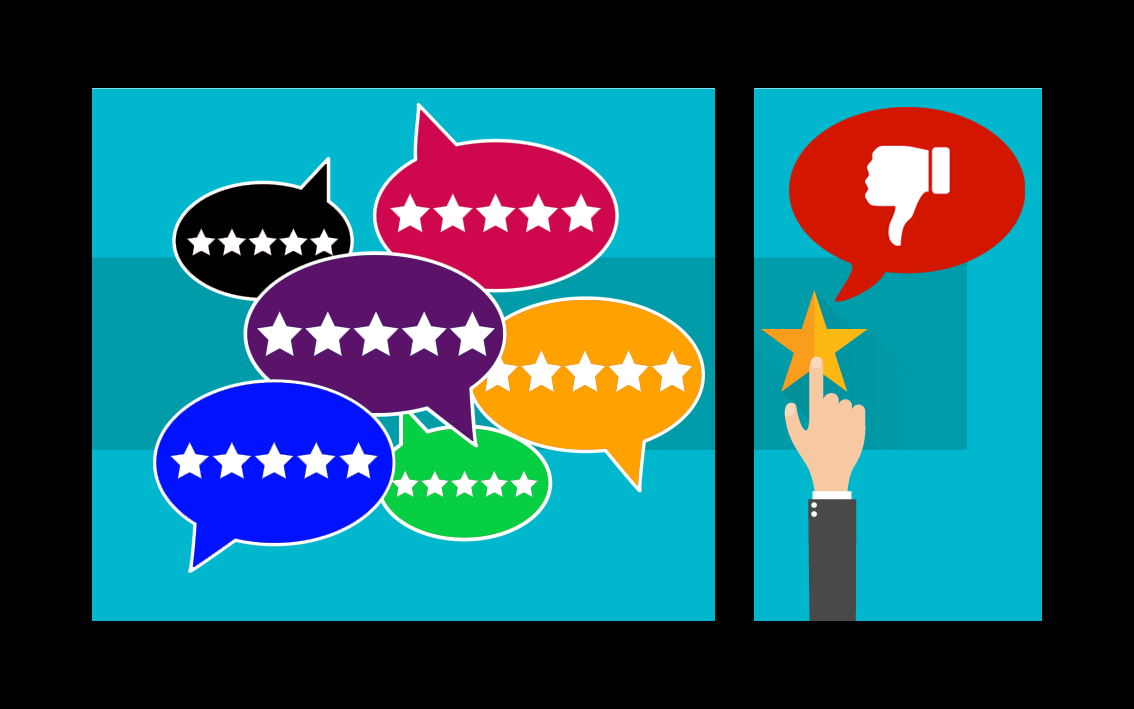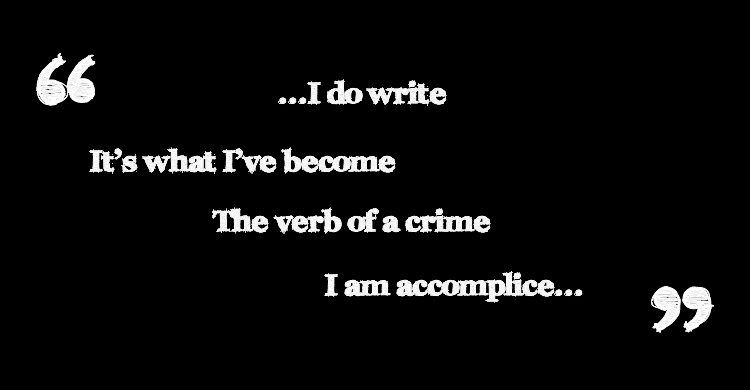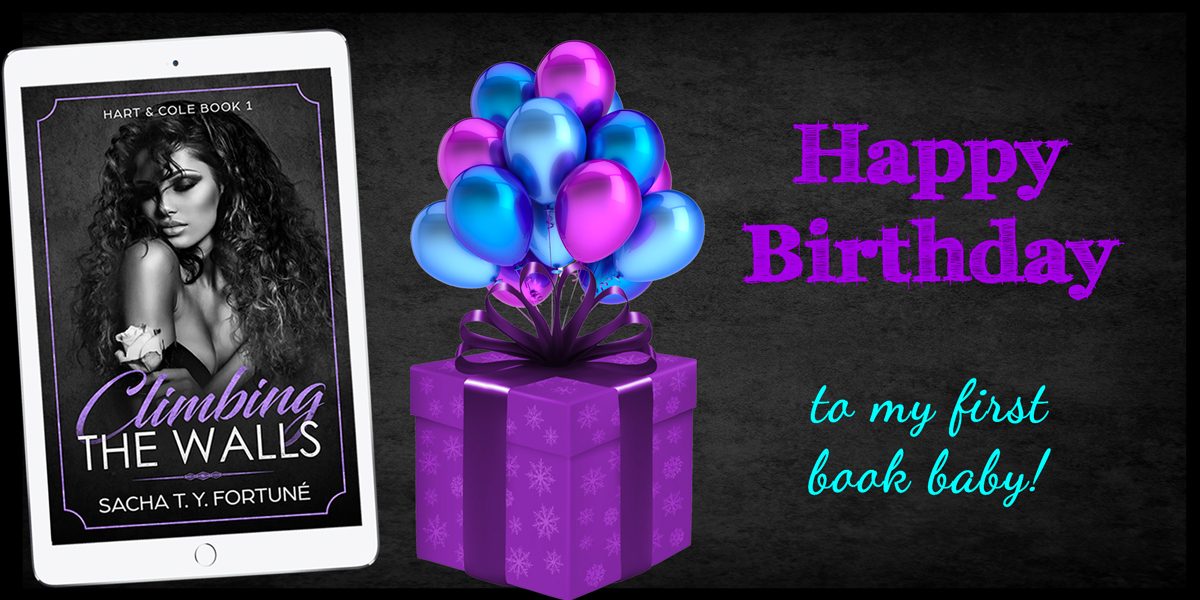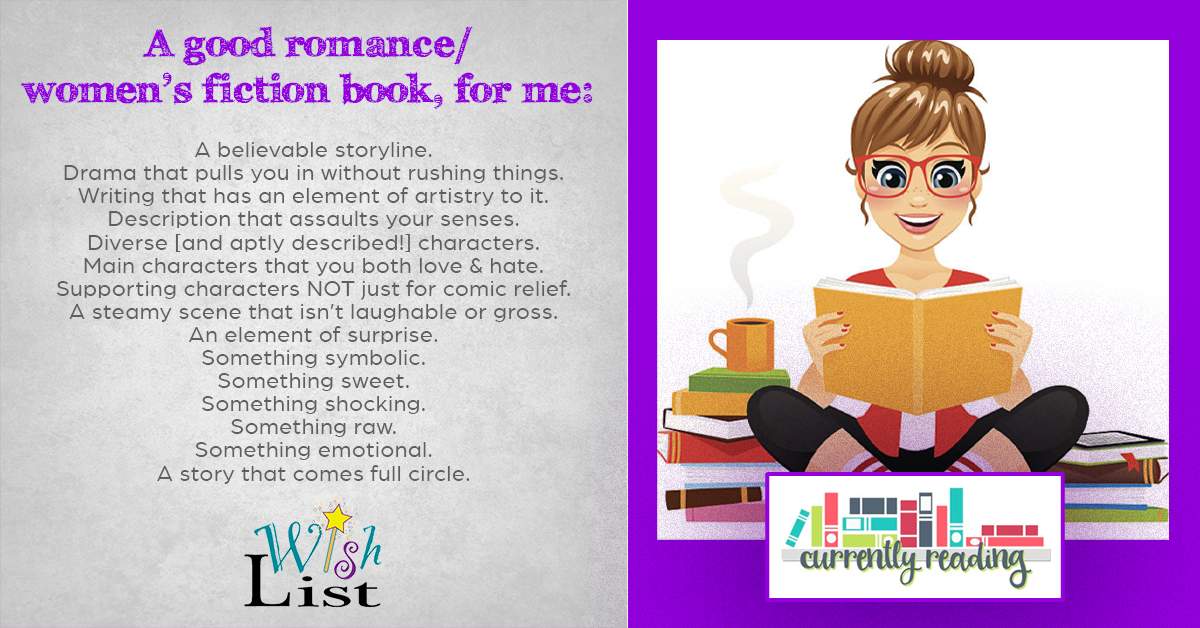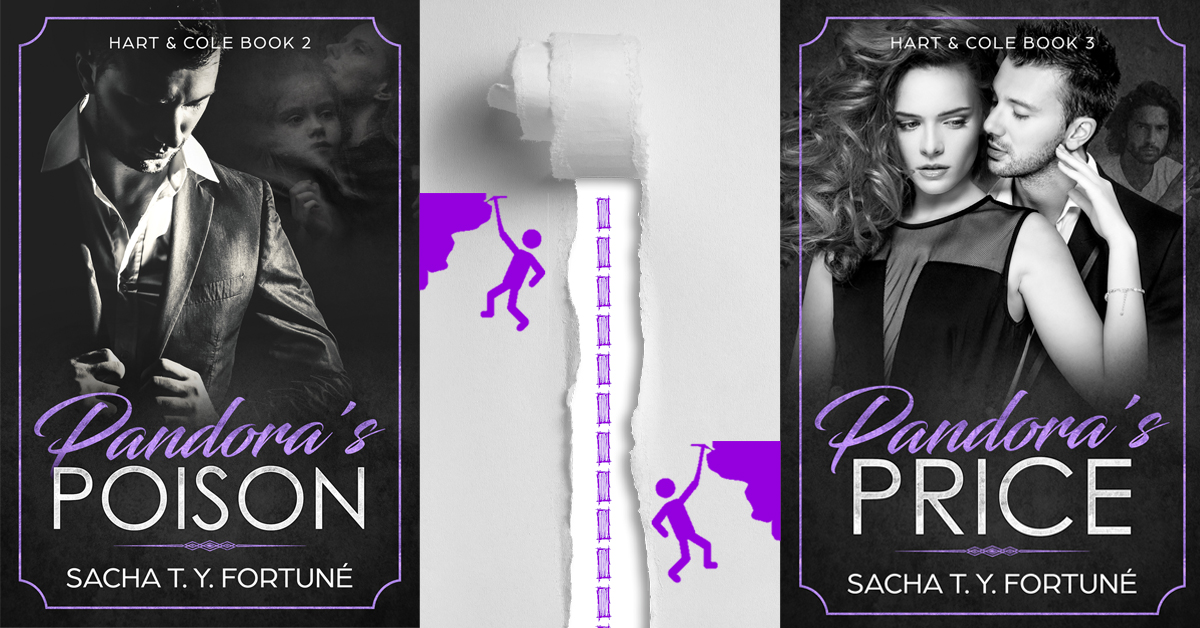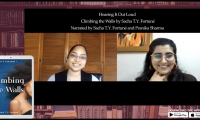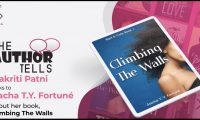Writers: when you read, do you leave bad reviews?
The question was eating me alive. So, I posted it on several of the Writers’ groups I had recently joined.
Within minutes, my phone was plinging like it was having a seizure.
Responses poured in from all corners of the globe — across the many groups, members amount to 90,000+ writers, and 2000+ of them were leaping and squabbling over each other to share their opinions!
Mind you, this isn’t a “Work In Progress” and no one specifically asked you to be a “beta reader”. Maybe Amazon just gave you a nudge and said “Hey, what did you think of this book?”
You’re a writer. You hated it. Should you tell the world?
If you can’t say anything nice…
One recurring theme, and one I wholeheartedly agree with, is:
Acts of creation take such courage, that by and large, I am hesitant to be publicly critical.
Of course, as a wise member pointed out:
If someone wants to be an author, they can’t be all…. ‘Oh here’s my baby. You need to pay your hard-earned money to read it. But if it’s awful, don’t hurt my feeeelings. Waaaa!’
And another guy was taking no prisoners:
I sharpen my blades and charge in with a lunge to the jugular and leave them bleeding in a pool of hard love.
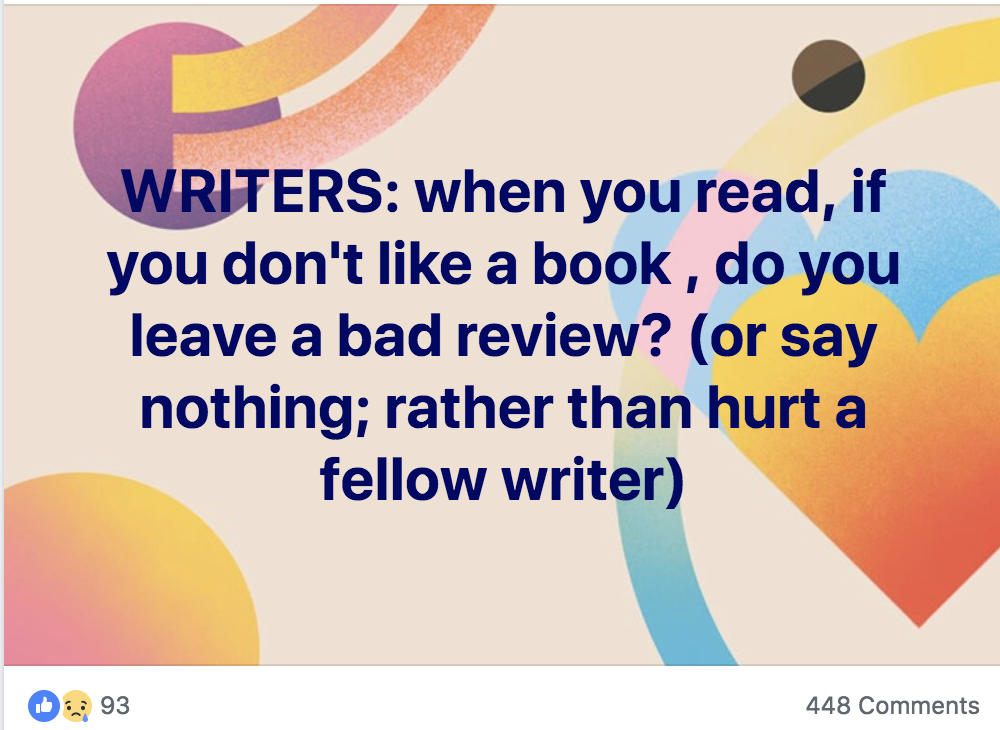
He was adamant he would want the criticism himself; after all: how can a writer expect to improve their craft if they aren’t given honest feedback?
However, is a public forum, such as the official Amazon book page, the right place for it?
Some opted for trying to get in touch with the writer to share their thoughts.
Others said there was no point: unsolicited peer feedback may rub some writers the wrong way; and also the story is done, there’s no putting the cat back into the bag.
The dilemma is… as a writer, you know what it takes to bleed a story out of you; so is it really necessary to plop a hot mess on your fellow man’s/woman’s parade?
As one member, who runs a book review blog, said:
I have to kiss a dozen frogs before I get a princess… but I just prefer not to kiss and tell.
Was it unreadable… or just unlikable, for me?
Almost everyone seemed to agree that you must separate the physical and emotional.
Physically, a book needs to have a plot, sentences that make sense, good grammar and spelling, and something to work with…
Being boring is one thing; being unreadable is another.
Emotionally, quite simply — not everyone is going to connect with every story.
So, while most would holler (whether privately or publicly) — “Hey, straighten up and fly right!” to ensure this writer doesn’t give the profession a bad name, it’s a different story when it comes to the gut reaction of a fairly-written piece of work you just didn’t like.
As one writer pointed out, reading is a “to each his own” situation:
Reviewers are like witnesses to a murder; it has been scientifically documented that they don’t know what they’re talking about because they don’t know what they saw (read).

I wasn’t surprised to see the many, MANY references to the “Twilight” series, and to what one member called “50 Shades of Stockholm Syndrome” 🙂 ??? “I honestly couldn’t get past the first 10 pages, and I tried. I really, really tried.”
Still, these polarising texts made shitloads of money, despite being critically panned by readers and fellow writers alike.
So somebody — lots of somebodies, in fact! — were insta-fans.
Just because you don’t like it, it doesn’t mean others won’t.
So yes, as writers, we all have to have a thick skin; but as the saying goes, opinions are like a**holes — we all have one.
Maybe it just wasn’t your cup of tea, that’s all…
Loyalty to the Reader, or to the Profession?
And then, there’s the valid point that in this instance you put on your “Reader” hat, not your “Writer” hat.
One writer argues: “Me being an author shouldn’t come into my review. I am reviewing as someone who has read the book and is a consumer. It is not unprofessional at all.”
It’s understood that as a writer, critical reviews are part of the deal.
You can’t be a writer if you refuse to listen to your audience.
And, here’s the thing: there are also WRITERS in your audience.
At the same time, writing can be a very singular, isolating profession.
“Author” simply doesn’t have the same rules as almost every other profession whereby it’s understood the mud-slinging will come back to hit you in the face (rapper-beefs, anyone?!).
Your bottom line isn’t affected by this writer’s novel that didn’t move you. If you’re not a fan, you can quietly be “not a fan”!
As a writer, you see…
…All we have are our words.
We can, but should we really attack our own?
Weigh the nasty vs. the popularity…?
Another theme that popped up in response to my hot-button topic was the popularity of the writer, and the stage at which negative feedback is given.
It’s one thing to review someone who already has a huge following. Your nasty review isn’t taking a penny away from E. L. James or Stephenie Meyer.
Stephen King was NOT a fan… but, so what?Stephen King, one of my own personal favourite writers, wrote witheringly and scathingly of the Twilight series. Many agreed with him… but hey, as SK himself says:
You can be a terrible writer… and still be successful.
But what about the newbie independent self-published authors, who work a million times harder to scrape their soul into their work and then painstakingly shop it around?
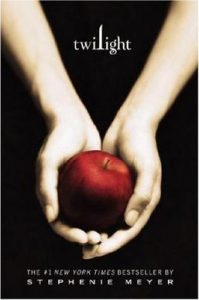
For an emerging author, your bad review — however “constructive” you think it is — can discourage them entirely, not to mention massively daunt their sales.
It seems that a lot of writers, especially indie writers, are uncomfortable messing with another indie writer’s money. Karma’s a bitch, right? Better safe than sorry…
Still, reviews are a form of social proof, and we’re more likely to buy something with a ton of reviews — even bad reviews — than we are to try something no one else has bothered to try.
It just remains to be seen whether writers think they have an objective place where they can wear both hats, or if being a writer himself/herself has tainted the lens when they read a book.
As one writer argues:
“I’m not saying NOBODY should give bad reviews; I’m just saying: as writers ourselves, maybe we should just stay out of it.”
Or, as someone compared it:
Would you yell at a co-worker in front of a client?
If you do it, do it with love…
At the end of the day, a book isn’t like a regular consumer product on Amazon; it is more opinion-based, so you don’t always need to be purposefully cruel under the guise of being kind (at least not in public)!
Saying nothing at all may be your choice so as not to hurt anyone, but it also means you are choosing to not help anyone.
So, writers, if you do decide to switch hats and bang out a review for something that ruffled you the wrong way…
Be honest, but kind and constructive.
Think:
How would you like someone to phrase it if it was a review for your book? What can you commend, instead of just rip apart? How would their phrasing it help you to improve?
If the author is worthy of the label, he or she should be able to spin that bitter lemonade into something amazing, later on.
And assuming the writer hasn’t produced UTTER trash, his/her fan base will rise up one day and outweigh the negative reviews.
So… guys… anyone want to leave me a review?
Hop on over to Amazon…
